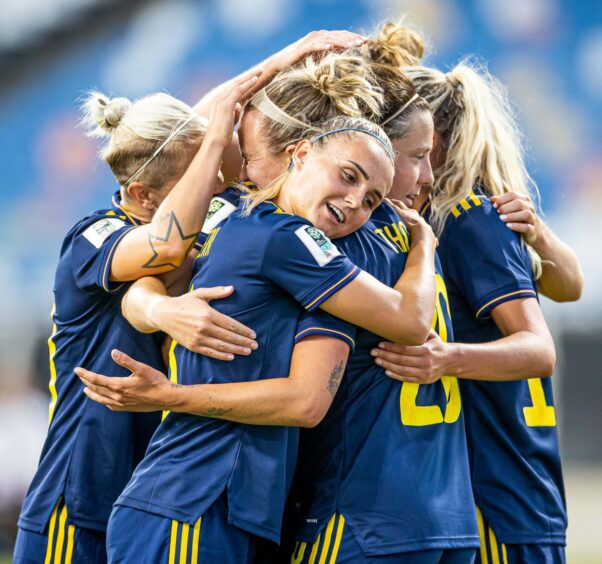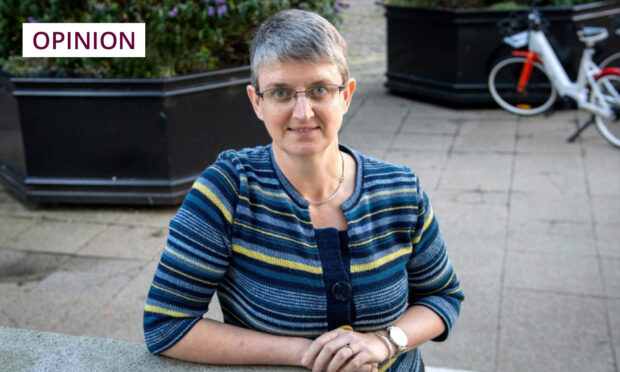The women’s European Championship will come to a close on Sunday in front of a packed Wembley Stadium.
The final sold out almost immediately after tickets went on sale, but England’s presence will ensure a raucous crowd ready to welcome football home.
As a family, we’ve spent the last month at the Euro 2022 tournament, taking in games from Brighton to Rotherham, navigating the motorways of England, sampling cities, towns and fan zones.
We’ve participated in Icelandic thunder claps, Mexican waves and even a Dutch march to the stadium – an experience that should be placed on everyone’s bucket list.
And the absence of Scotland has meant we’ve been free to lend our support to whichever side will have us.

With a passion for the underdog, we’ve been Finnish, Dutch, Swedish, Icelandic, Northern Irish and Austrian over the past few weeks.
It’s been a magnificent journey, the tournament delivering drama and excitement.
This has been elite footballers at the top of their game.
And England reaching the final on Sunday leaves us with the traditional dilemma.
As Scots, do we root for the Auld Enemy or not?
Scotland and England women have faced similar challenges
I’m not ashamed to admit that my natural tendency is to support their opposition.
Last year at men’s Euros I enjoyed a smile when they lost out on penalties to Italy.
It wasn’t malicious, it was just sporting rivalry.
It’s the same Schadenfreude that motivated me to head to East End Park last season to witness Queen’s Park relegate Dunfermline.
Yet, after a month at the Euros, something feels different.
Having had the privilege of writing the story of their Scottish equivalents, the story of woman’s football in England closely mirrors our own.
Banned from playing, ridiculed, told they weren’t good enough, and having to battle for every scrap of resource and support.
Many older English players have experienced the same journey that Scotland national team players of the past endured and the struggle to balance work and football due to the lack of professional contracts.
There is no arrogance here.
No over inflated, overpaid English Premiership prima donnas.
Simply players with a desire to win and an acute awareness of their responsibility to nurture the women’s game and inspire the next generation.
This Sunday I hope it ‘comes home’
And it’s not just the players.
The English crowd is not what you expect either.
Diverse, inclusive and refreshingly free from the boorish, ‘One World Cup, Two World Wars’ mentality that pollutes support for the male side.
This is England, but a hopeful, confident England, looking forward, not back.
Cracking game of football in Brighton last night. Great stadium, great atmosphere and two top quality teams going at each other. Will never understand why some let their sexism get in the way of enjoying nights like this #HerGameToo pic.twitter.com/sALNjOnwbu
— Steven Lawther (@stevenredcircle) July 21, 2022
Scotland’s participation at the last World Cup in 2019 was reward for every woman that had fought for the right to play over many years.
An English win on Sunday would deliver the the same.
England raced into a two goal lead against Scotland in Nice three years ago and we listened to their support proclaim that it was ‘coming home.’
I turned to our daughter and reassured her, ‘Don’t worry, it never comes home.’
This Sunday, I hope I’m proven wrong.
Steven Lawther is a Raith Rovers season ticket holder and Scotland fan. He is the author of ‘Arrival – How Scotland’s Women took their place on the world stage and inspired a generation.’













Conversation